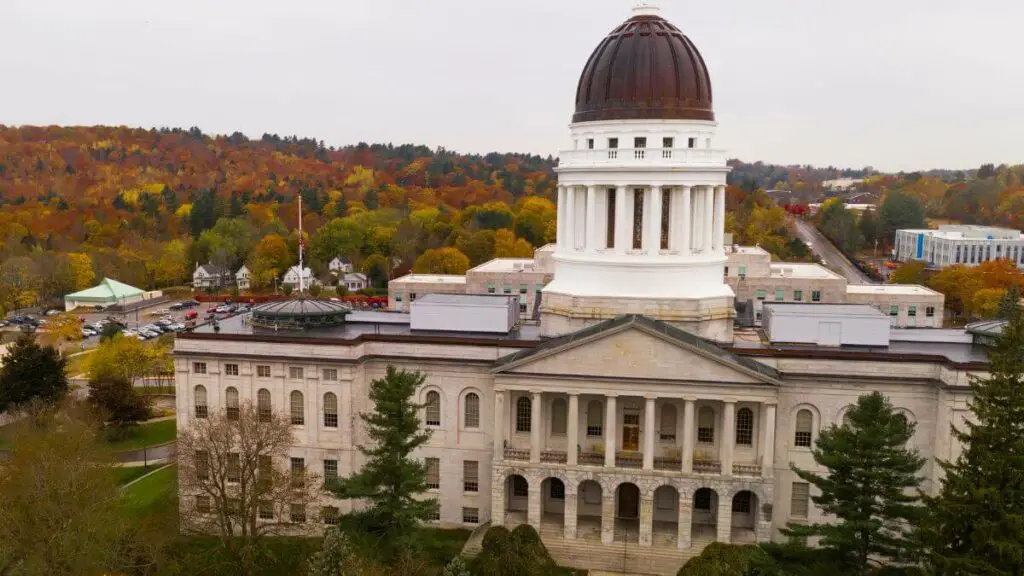State senator Mattie Daughtry of Maine, representing the town of Cumberland, wants high school students to be financially literate by the time they graduate. Daughtry’s proposal, outlined in L.D. 1284, clearly states that high school graduates in Maine will need to complete a standalone Personal Financial Literacy (PFL) course. Her bill has the support of many educators and students in the state, who have testified in support of the proposed legislation. If the state legislature agrees, Maine will become the 20th U.S. state to require a standalone PFL class for high school graduation.
Fortunately, Maine has many high-quality financial literacy education resources that should fill the state legislature with confidence that a required PLF class could easily be implemented for high school seniors.
Financial Education Resources in Maine
The Financial Authority of Maine, or FAME, offers free financial literacy resources to Mainers, including students. FAME’s education resources are tailored by age, meaning there are specific resources for younger children, middle school students, and high school teens. In the past, FAME has offered professional development for teachers of financial literacy classes in the state. There is also a webpage of education resources for teachers, which links to the Maine Department of Education resources. From the Maine DoE page, educators can find financial education tools from many nonprofits and industry groups, including:
Maine Credit Union League – an industry group that hosts Financial Fitness Fairs for students. The webpage lists when high schools around the state enjoyed these fairs during spring 2023 and which chapter of the Maine Credit Union League hosted them. The League’s Youth Financial Education webpage links to well-known financial education nonprofits like Jump$tart, the National Endowment for Financial Education (NEFE), Next Gen Personal Finance, and Junior Achievement. It also includes access to the League’s own Financial Literacy Blog, which is actively updated.
Maine Office of Securities – a government agency that includes a webpage on Investor Education. The Basic Guide to investing covers most information needed for high school students, and the webpage also includes PDFs of Kiplinger’s Personal Finance brochures. These brochures, among others, present easily-understandable information for teenagers on the basics of investing in stocks and bonds.
LifeSmarts – a high school competition based on consumer education. Many states, including Maine, participate in this competitive program that offers educational resources to high school students. These resources include many lessons as part of LifeSmarts U. There are also educational videos covering many topics, especially budgeting and spending.
New Ventures Maine – a nonprofit offering free online financial education classes. The governor appoints its advisory council, which includes individuals from many different fields, including academia, business, and banking. The nonprofit aims to assist Mainers with starting small businesses, becoming career ready, and learning to manage their finances. On its Manage Your Money webpage, links to free online classes about the subject are included.
The University of Maine system – offers a peer education program as part of its financial literacy initiative.
Altogether, these government and nonprofit resources should provide plenty of material for Maine high school teachers to use in implementing a required, standalone PFL class for graduation.


